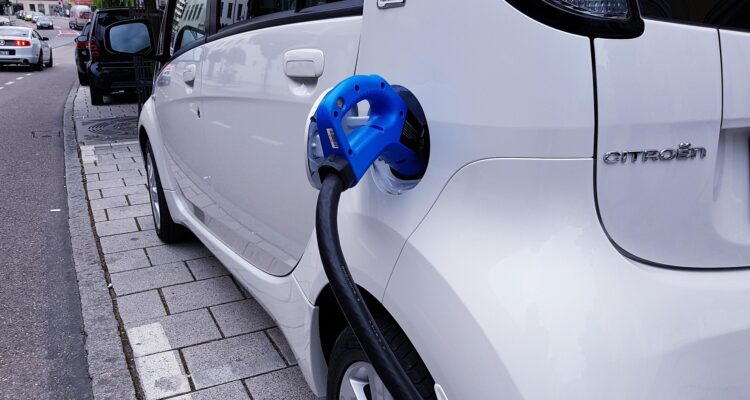Drivers across the UK are set to benefit from cheaper electric vehicles, as the government is expected to provide an extra £1.3 billion for the Electric Car Grant and extend the scheme by an extra year.
Since its launch in July, the Electric Car Grant has helped over 35,000 drivers make the switch to an EV by cutting upfront costs by up to £3,750.
Building on this success, the government is expected to announce an additional £1.3 billion for the Electric Car Grant in the Budget – slashing prices for consumers, boosting growth in the sector and supporting the transition to zero emission vehicles.
To ensure drivers can charge their vehicles wherever they live or work, the Budget is also expected to unveil an additional £200 million to accelerate the rollout of chargepoints across the UK.
This is on top of the £400 million already committed at the Spending Review and the almost 87,000 public chargepoints already available.
The proposed funding will support the creation of thousands of chargepoints and provide extra resources for local authorities to ramp up charging infrastructure on local streets – making it easier for everyone to access reliable charging, including those without off-street parking.
On top of this, the Chancellor is expected to publish a consultation on Permitted Development Rights to make it easier and cheaper for people without a driveway to charge.
This will help households without driveways to switch to cleaner vehicles and access reliable charging at and closer to home. The proposed measures build on the government’s existing support for electric vehicles, including the Company Car Tax regime which provides incentives for businesses and company car drivers.
The Government says that it is aware the price of public EV charging has risen in recent years and will review the cost of public charging to report back by Autumn next year. This will look at the impact of energy prices, including wider cost contributors, alongside options for lowering these costs for consumers.
This is on top of the £25 million scheme announced in July to support local authorities to provide discreet cross-pavement channel charging solutions for residents, so more people without a driveway can charge easily and cheaply at home.
The Government state that it is fully committed to the transition to electric vehicles , which is key to meeting our net zero goals and will drive growth and productivity across the UK.
Edmund King, AA president, said: “The AA welcomes the extra £1.3 billion for the Electric Car Grant as the AA UK EV Readiness Index stands at 47.5 out of 100 which indicates that factors such as the cost of new EVs are putting off some potential electric vehicle drivers. The grant has helped some 35,000 drivers already. We are also pleased to see efforts to speed up the role out of chargers and a commitment to look at public charging costs.
“The initiatives to boost EV take up are going in the right direction but we just hope that speculation about EV ‘pay as you go’ doesn’t stall this progress. Drivers accept that EV owners should pay their way but the timing of current speculation about a scheme that may be introduced in three years isn’t really helping. Ultimately, we probably need a fundamental review of all motoring taxation to set it on a fair basis that doesn’t discriminate against rural and disabled drivers.”






